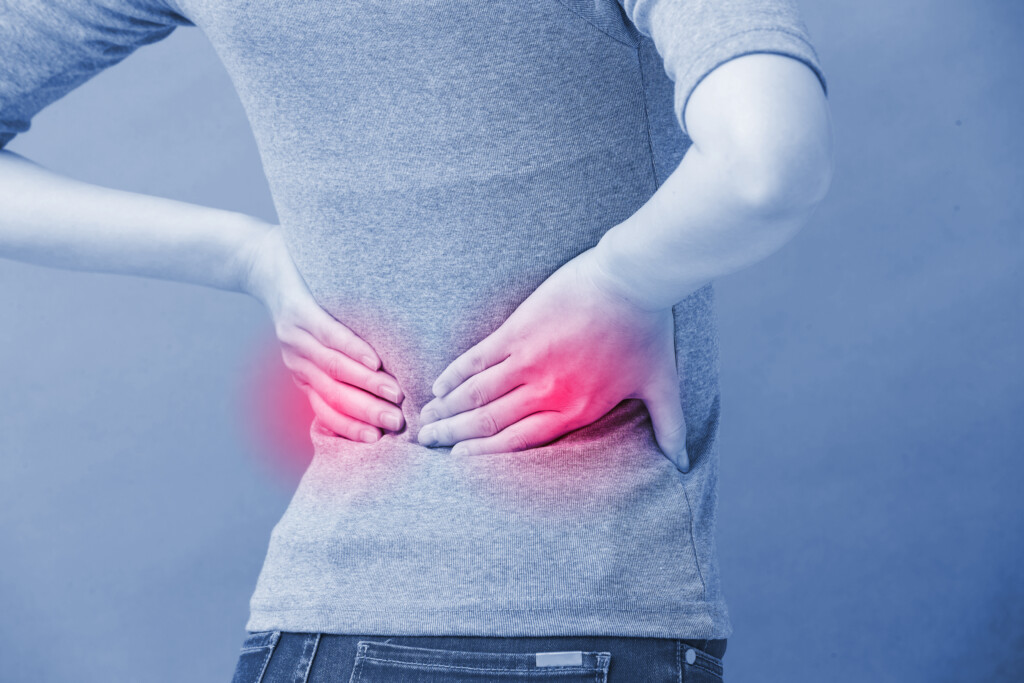
10 Ways to Protect Your Kidneys
Your kidneys play a crucial role in keeping your body healthy by filtering waste and excess fluid from your blood, regulating blood pressure, and producing hormones that help control red blood cell production and maintain bone health. Taking care of your kidneys is essential to your overall well-being. Here are 10 simple ways to protect your kidneys:
1. Stay hydrated: Drinking plenty of water helps your kidneys flush out toxins and maintain proper function. Aim for at least 8 glasses of water a day, or more if you’re active or in a hot climate.
2. Eat a balanced diet: Choose foods that are low in sodium, saturated fats, and added sugars. Opt for fruits, vegetables, whole grains, lean proteins, and healthy fats like those found in nuts and olive oil.
3. Maintain a healthy weight: Being overweight or obese can increase your risk of developing kidney disease. Aim to achieve and maintain a healthy weight through a combination of balanced eating and regular physical activity.
4. Exercise regularly: Regular exercise not only helps you maintain a healthy weight but also improves blood circulation and reduces the risk of conditions like high blood pressure and diabetes, which can harm your kidneys.
5. Monitor your blood pressure: High blood pressure can damage your kidneys over time. Keep your blood pressure in check by monitoring it regularly and following your healthcare provider’s recommendations for management.
6. Control your blood sugar: High blood sugar levels can also damage your kidneys. If you have diabetes, it’s essential to manage your blood sugar levels through medication, diet, exercise, and regular monitoring.
7. Limit alcohol consumption: Excessive alcohol consumption can harm your kidneys and liver. Drink alcohol in moderation, or better yet, avoid it altogether to protect your overall health.
8. Quit smoking: Smoking can increase your risk of kidney disease, among many other health problems. If you smoke, take steps to quit, and avoid exposure to secondhand smoke.
9. Practice safe medication use: Some medications, when taken in high doses or over long periods, can harm your kidneys. Always follow your healthcare provider’s instructions when taking medications, and avoid over-the-counter drugs that can be harmful to your kidneys.
10. Get regular check-ups: Regular check-ups with your healthcare provider can help detect kidney problems early when they’re easier to treat. Be proactive about your health and don’t hesitate to discuss any concerns or symptoms you may have with your doctor.
By following these simple steps, you can protect your kidneys and reduce your risk of developing kidney disease. Remember that small changes can make a big difference in your overall health and well-being.
